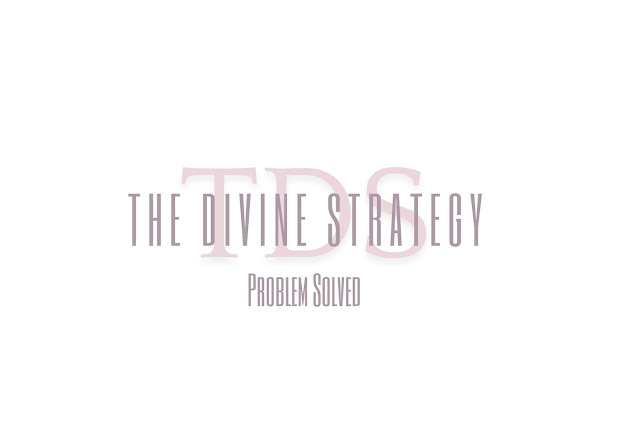Albert Einstein, as a physics professor, reused the same exam from the previous year. When questioned about this by his advisor, Einstein responded that while the questions remained the same, the students' answers would differ. This anecdote, shared by Rav Fanger, draws a parallel to our annual Yom Kippur experience.
Despite using the same Machzor year after year and seeking forgiveness for similar transgressions, the crucial aspect lies in our personal growth and improvement.
Rav Fanger emphasizes that we are all human, prone to various degrees of sin. The true measure of our progress is how we evolve from one year to the next. The Yom Kippur viduy serves as a tool for introspection, allowing us to evaluate our true selves and our actions over the past year. The physical act of clapping our hearts during the viduy is meant to awaken our consciousness, prompting us to question our behavior and choices.
The Chofetz Chaim, in the Mishneh Brurah, explains that we read the story of Yona on Yom Kippur to reflect on our inner struggles. Many of us grapple with persistent character flaws that seem insurmountable, leading to a sense of defeat and the belief that change is impossible. Rav Fanger suggests that this feeling of hopelessness can be so profound that we might resign ourselves to our fate, believing our efforts at improvement are futile.
However, the Chofetz Chaim warns against this defeatist attitude. The story of Yona teaches us that we cannot escape our challenges or hide from them. These flaws are integral to our personal growth and mission in life. If we fail to address them in this lifetime, we may have to face them again in the future. The message is clear: if H'shem has given us these challenges, we have the capacity to overcome them. It's better to confront them now with all our effort.
Rav Fanger explains that our instinct may be to run from our difficulties, but at some point, we must face and conquer our most challenging obstacles. This is what defines us as "Yehudim," a name derived from Yehuda, who stood up for the truth even when it seemed he would lose everything. Our task on Yom Kippur is to be alone with H'shem, regardless of our physical location, and to express ourselves fully without running away.
The post concludes with a quote from Albert Einstein: "If you want to live a happy life, tie it to a goal, not to people or things." This sentiment underscores the importance of personal growth and the pursuit of meaningful objectives in our lives.

Comments
Post a Comment